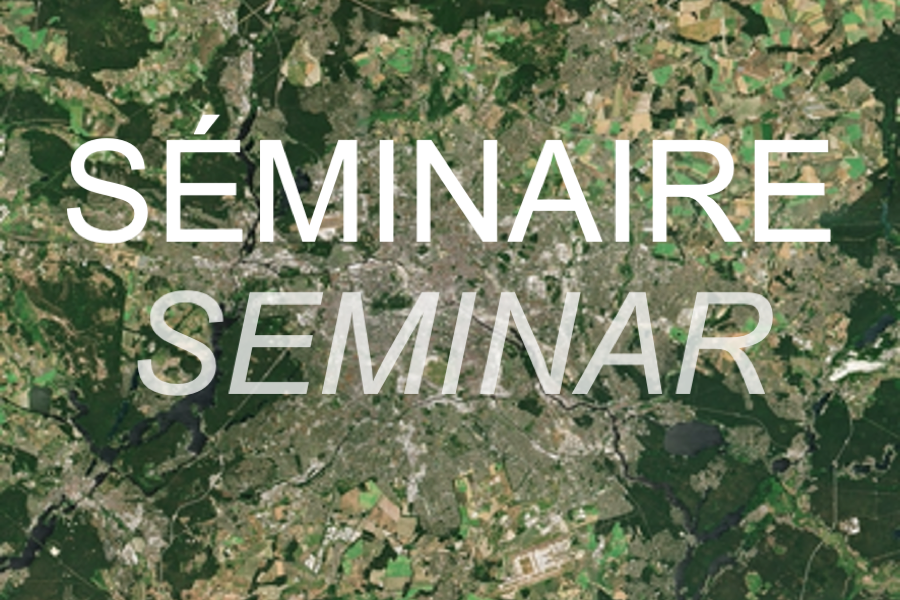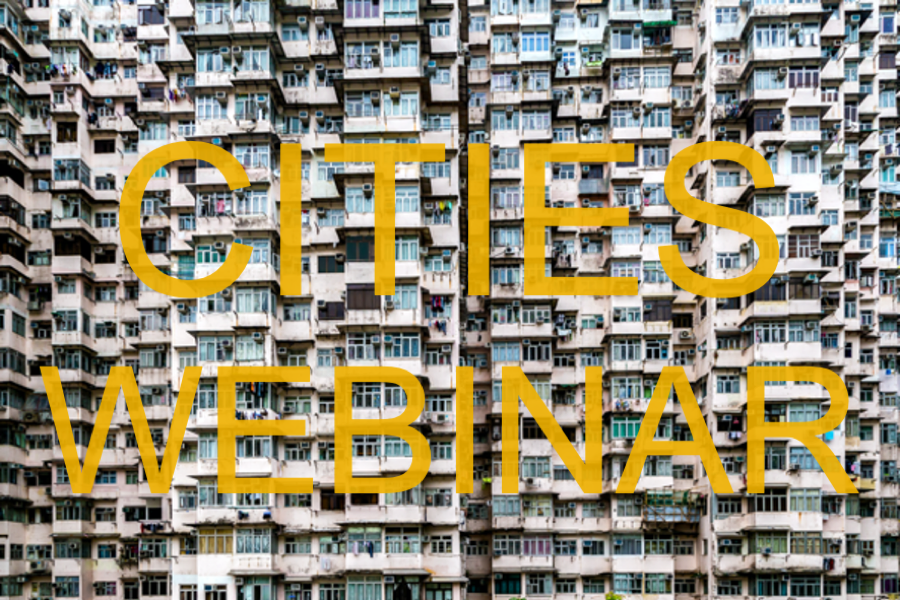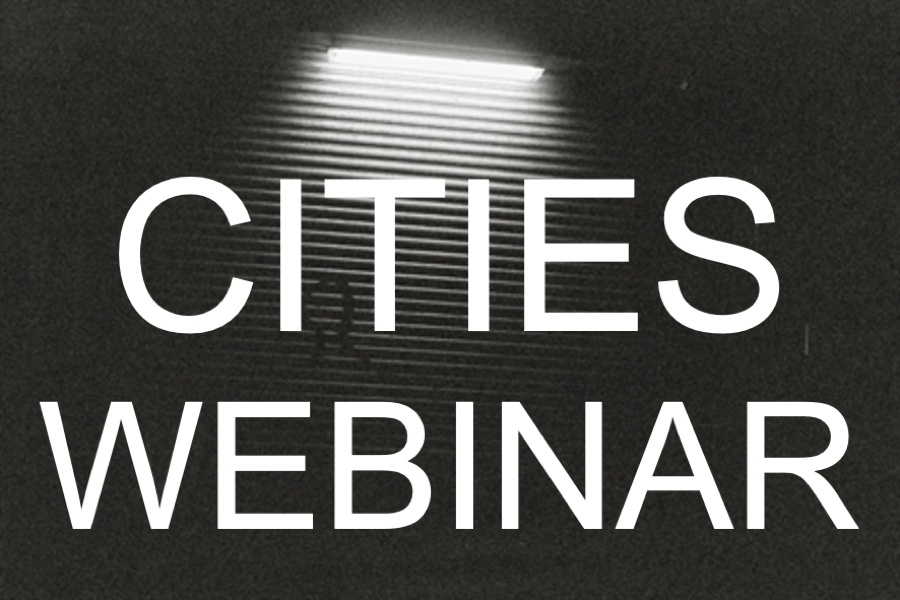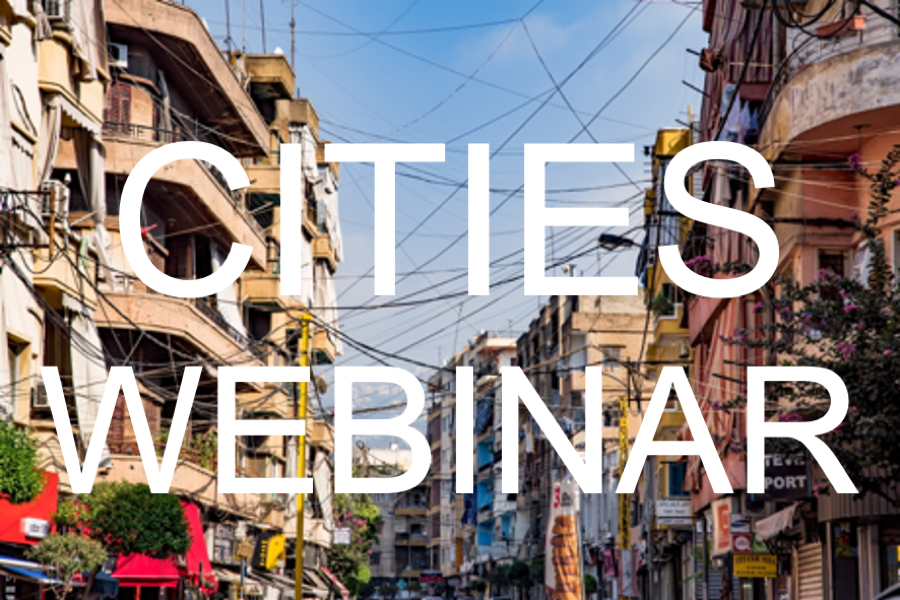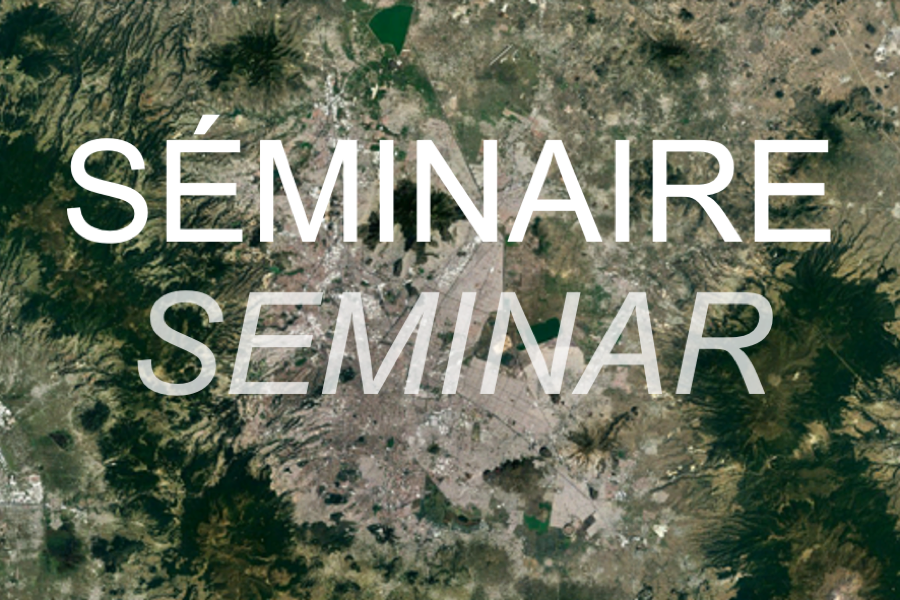Credits & archives
16 March 2022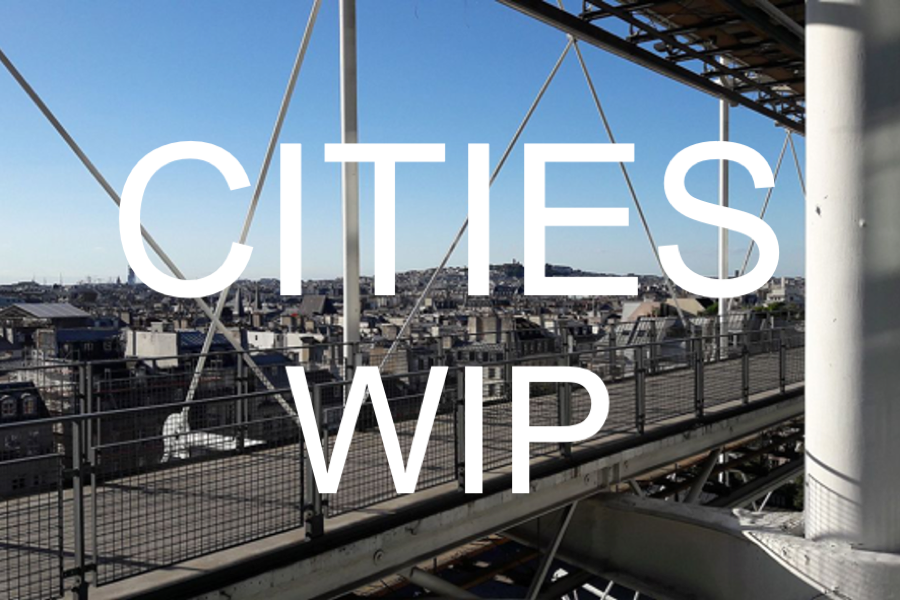
Beatriz Botero Arcila, “Barcelona’s Digital Transformation Plan and the city’s quest for an alternative digital future: how much can cities do?”, 31.03.2022, 5:00pm – 7:00pm
20 March 2022All past events
20 November 2025
Compulsory registration Housing Under Platform Capitalism: The Contentious Regulation of Short-Term Rentals in European Cities Fifteen years after the launch of Airbnb, most cities around the world have adopted measures to regulate short-term rental markets. Yet, across different territories—particularly in Europe—a wide variety of governance and regulatory approaches can be observed. Drawing on comparative, multilevel research and employing mixed methods, this book analyses 12 major touristic European cities (Amsterdam, Barcelona, Berlin, Brussels, Lisbon, London, Madrid, Milan, Paris, Prague, Rome, and Vienna) to highlight and explain the emergence of distinct regulatory regimes. In some cities, public policies aim to curb the growth of short-term […]
3 November 2025
Compulsory registration Seeking Attractiveness. Large-scale urban renewal projects in the metropolitan areas of Lille and Hamburg. In his latest book, Clément Barbier traces how two ‘problem neighbourhoods’ have progressively been placed at the center of metropolitan urban marketing strategies thereby shedding light on the origins and functionning of policies designed to make cities more attractive. Drawing on a cross national sociological analysis of the Union project in the north-east of the Lille metropolitan area and the International Architecture Exhibition (Internationale Bauausstellung – IBA) in Hamburg, his research takes us behind the scene of local governement and development companies tasked with […]
20 October 2025
Compulsory registration Navigating Colour-Blind Societies: Racial Governance and Urban Erasure in Denmark’s Ghetto Policies This talk builds on my recently published book Navigating Colour-Blind Societies, a comparative ethnography of young urban Muslims coming of age in Copenhagen and Montreal in the decade after 9/11. Through personal narratives and urban ethnography, the book highlights how racialisation and spatialisation are interconnected—shaping who belongs where, whose presence is questioned, and how urban life is structured by racial, classed, and gendered hierarchies. Extending these insights, my recent research examines Denmark’s 2018 public housing—or “ghetto”—policies as mechanisms of racial governance aimed at managing and erasing […]
3 October 2025
Compulsory registration Joint Webinar on Zoom with the African Centre for Cities Presentation of the upcoming book: Worlding Home: An Urban Ethnography of Peacekeeping Camps in Goma, DRC This book opens up and interrogates the socio-spatial dynamics of contingent camps inhabited by United Nations peacekeepers in and around the city of Goma, DRC. Between 2017 and 2019, the city of Goma and two adjacent towns in the Democratic Republic of the Congo accommodated UN peacekeepers from Asia, Africa, and Latin America in over 20 different camps. This study brings the productive tension between these camps and the city to life […]
15 September 2025
Zoom Compulsory registration Managing ordinary life: (Im)predictability, Violence and Solidarity in Latin American Urban Margins. In a favela in Belo Horizonte, Brazil, daily life unfolds in the streets — children play, neighbours socialise, and local venues are lively. In contrast, a similarly impoverished neighbourhood in Buenos Aires, Argentina, features empty streets and locked doors, with residents avoiding public space. Both settings have a strong local drug trade and are described as violent by their inhabitants and by the surrounding society, yet their urban experiences diverge sharply. This work, based on extensive comparative ethnographic research, examines the factors that contribute to […]
28 August 2025
In-person/Hybrid Compulsory registration Presentation of the upcoming book: Circularités urbaines. Déchets, énergie, CO2 : enquête sur le bouclage des flux résiduels Cet ouvrage cherche à comprendre les facteurs complexes et multi-échelles qui gouvernent les résidus urbains et autorisent ou non un bouclage des flux dans une perspective d’économie circulaire. Des opérations, réussies ou non, de valorisation des déchets et d’énergie (sous la forme de chaleur fatale) sont étudiées dans plusieurs métropoles fortement industrialisées (Dunkerque, Lyon, Lille et Rotterdam). L’enquête est également a-territoriale car ces flux sont très fortement cadrés par un ensemble de normes et d’instruments qui relèvent de plusieurs politiques […]


